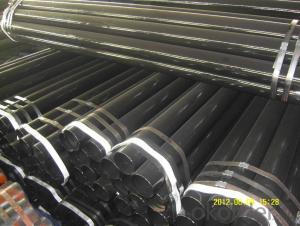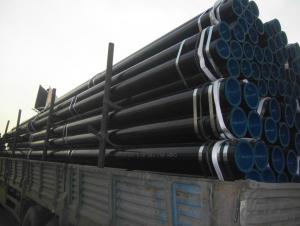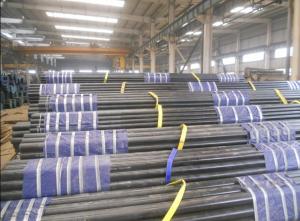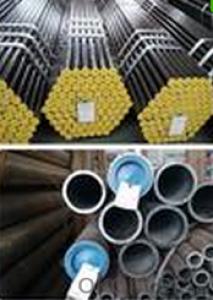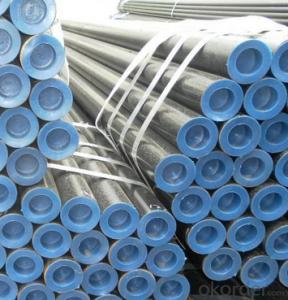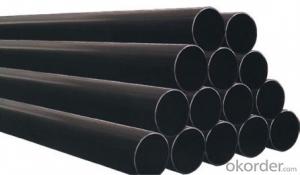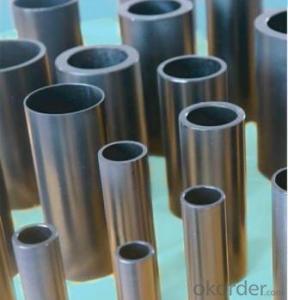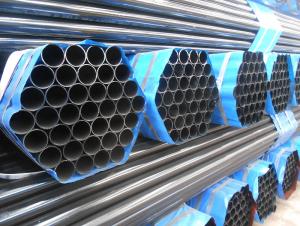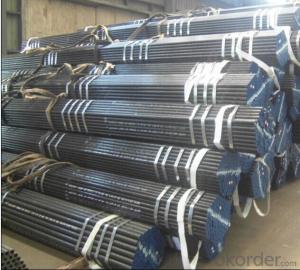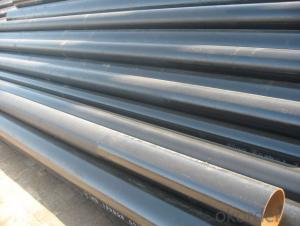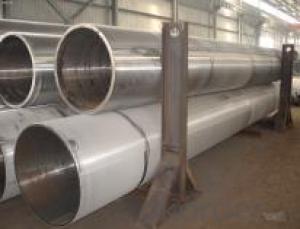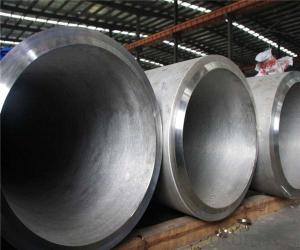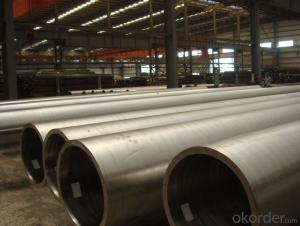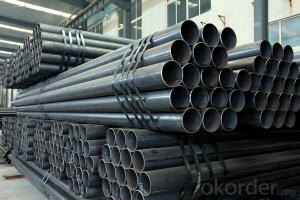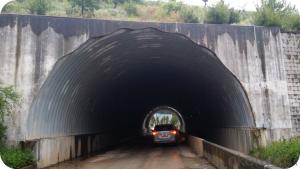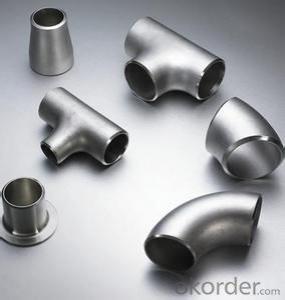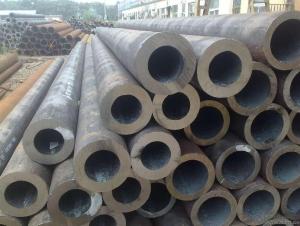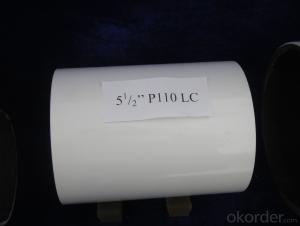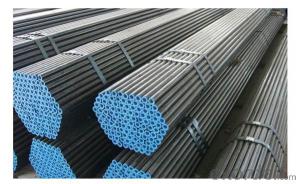All Categories
- - Steel Wire Rod
- - Steel Coils
- - Steel Profiles
- - Steel Pipes
- - Stainless Steel
- - Tinplate
- - Special Steel
- - Steel Sheets
- - Steel Rebars
- - Steel Strips
- - Hot Rolled Steel
- - Cold Rolled Steel
- - Pre-painted Steel
- - Seamless Steel Pipe
- - Welded Steel Pipe
- - Hollow Steel Tubes
- - Galvanized Pipe
- - Stainless Steel Coil
- - Stainless Steel Sheet
- - Stainless Steel Plate
- - Stainless Steel Strips
- - Electrolytic Tinplate Coil
- - Electrolytic Tinplate Sheet
- - Stainless Steel Rebars
- - Solar Panels
- - Solar Water Heater
- - Solar Related Products
- - Solar Inverter
- - Solar Cells
- - Solar Light
- - Solar Energy Systems
- - Solar Controllers
- - Solar Mounting System
- - Solar Pump
- - Solar Chargers
- - Fiberglass Chopped Strand
- - Fiberglass Mesh Cloth
- - Composite Pipes
- - FRP Pultrusion Profiles
- - Fiberglass Mat Tissue
- - Fiberglass Fabrics
- - Fiberglass Mesh
- - Composite Tank
- - Fiberglass Mesh tape
- - Polymer
- - FRP Roofing Panel
- - Fiberglass Roving
- - Monolithic Refractories
- - Ceramic Fiber Products
- - Refractory Bricks
- - Raw Materials For Refractory
- - Suspended Platform
- - Cranes
- - Concrete Machinery
- - Earthmoving Machinery
- - Building Hoist
- - Road Building Machinery
- - Plastic Pipe Fittings
- - Plastic Tubes
- - Plastic Sheets
- - Agricultural Plastic Products
- - Plastic Nets
 All Categories
All Categories
Q & A
Can a welded steel pipe be used for geothermal energy systems?
Yes, a welded steel pipe can be used for geothermal energy systems. Welded steel pipes are commonly used in geothermal applications due to their durability, resistance to high temperatures and pressures, and their ability to withstand the corrosive nature of geothermal fluids. Additionally, welded steel pipes offer excellent strength and flexibility, making them suitable for the demanding conditions of geothermal energy systems.
Can welded steel pipe be used for building geothermal power plants?
Yes, welded steel pipe can be used for building geothermal power plants. Welded steel pipes are commonly used in various industrial applications, including geothermal power plants, due to their durability, strength, and resistance to high temperatures and pressures. They are often used for transporting geothermal fluids, such as hot water or steam, throughout the power plant's infrastructure. Additionally, welded steel pipes are versatile and can be customized to meet specific project requirements, making them a suitable choice for constructing geothermal power plants.
Can welded steel pipes be used for automotive applications?
Yes, welded steel pipes can be used for automotive applications. They are commonly used in the manufacturing of exhaust systems, chassis components, and structural supports due to their strength, durability, and cost-effectiveness.
How do you connect two welded steel pipes together?
Two welded steel pipes can be connected together using various methods such as welding, threading, or using pipe fittings. Welding involves melting the ends of the pipes and fusing them together using a welding process. Threading involves cutting threads on the ends of the pipes and using pipe threads and sealants to connect them. Pipe fittings, such as couplings or unions, can also be used to connect two welded steel pipes together by screwing or welding them onto the ends of the pipes. The appropriate method of connection depends on the specific requirements and application of the pipes.
What are the factors that affect the cost of welded steel pipes?
There are several factors that affect the cost of welded steel pipes. Some key factors include the price of raw materials such as steel, the manufacturing process involved in producing the welded steel pipes, the size and specifications of the pipes, the quantity ordered, transportation and logistics costs, and market demand and competition. Additionally, factors like labor costs, overhead expenses, and any additional customization or surface finishing requirements can also impact the overall cost of welded steel pipes.
Wholesale Welded Steel Pipe from supplier in Venezuela
Our team of experts is well-versed in the specifications and requirements of the Venezuelan market, ensuring that we can meet your specific needs. Whether you require standard or customized welded steel pipes, we have the capability to deliver high-quality products on time and within budget.
We understand the importance of competitive pricing, and we strive to offer the most cost-effective solutions without compromising on quality. Our strong relationships with manufacturers and suppliers enable us to negotiate favorable prices, ensuring that you receive the best value for your investment.
In addition to our sales and procurement services, we also provide technical support throughout the entire project lifecycle. Our experienced engineers and technicians can assist with product selection, installation guidance, and troubleshooting, ensuring smooth and successful project execution.
At CNBM, we prioritize customer satisfaction and aim to establish long-term partnerships with our clients. We are committed to delivering exceptional service, reliable products, and timely support. With our expertise and resources, we are confident that we can meet your welded steel pipe requirements in Venezuela efficiently and effectively.
Contact us today to discuss your project needs and let us assist you in finding the best solutions for your welded steel pipe procurement.
We understand the importance of competitive pricing, and we strive to offer the most cost-effective solutions without compromising on quality. Our strong relationships with manufacturers and suppliers enable us to negotiate favorable prices, ensuring that you receive the best value for your investment.
In addition to our sales and procurement services, we also provide technical support throughout the entire project lifecycle. Our experienced engineers and technicians can assist with product selection, installation guidance, and troubleshooting, ensuring smooth and successful project execution.
At CNBM, we prioritize customer satisfaction and aim to establish long-term partnerships with our clients. We are committed to delivering exceptional service, reliable products, and timely support. With our expertise and resources, we are confident that we can meet your welded steel pipe requirements in Venezuela efficiently and effectively.
Contact us today to discuss your project needs and let us assist you in finding the best solutions for your welded steel pipe procurement.
